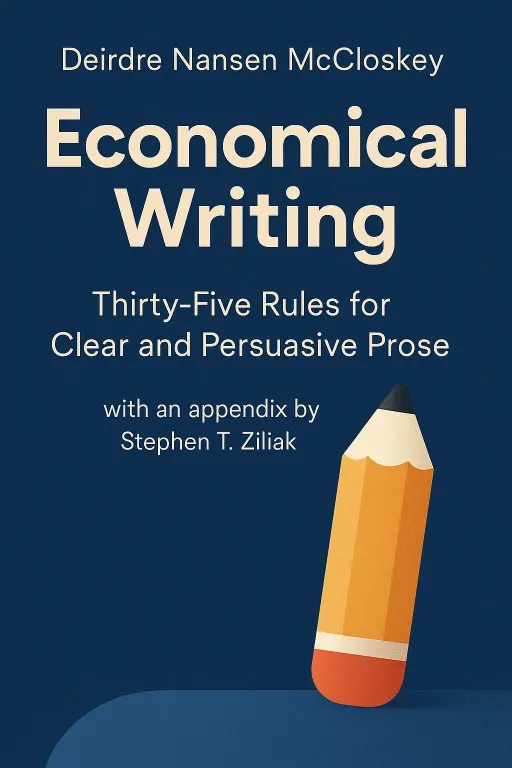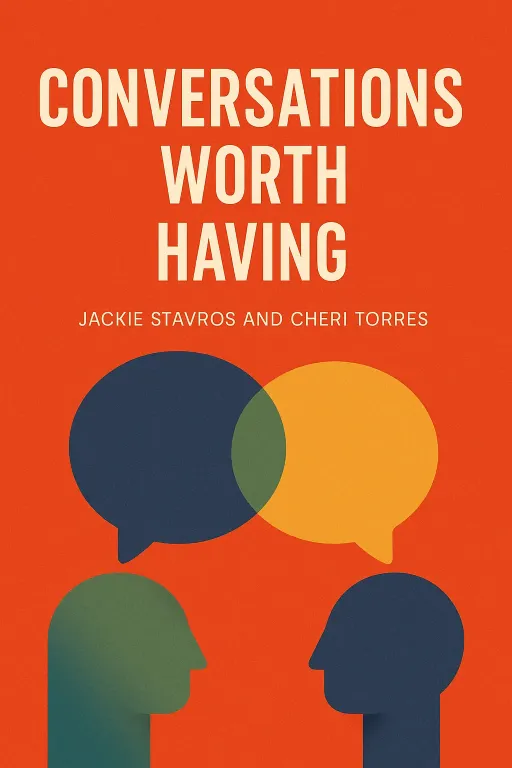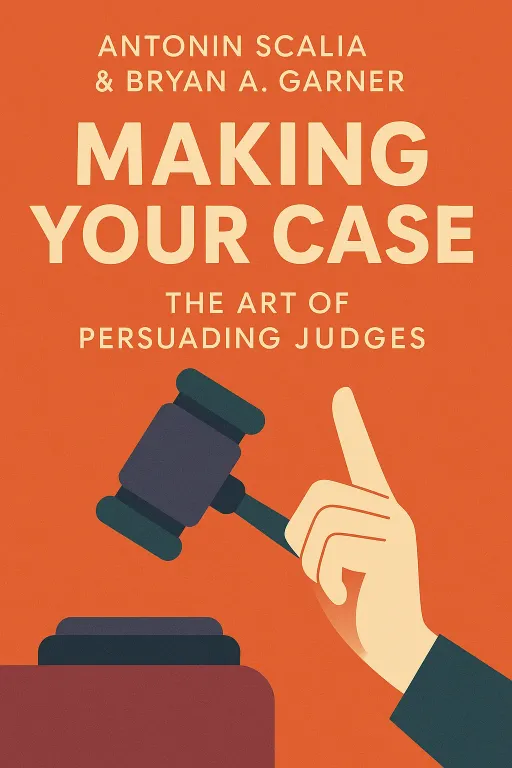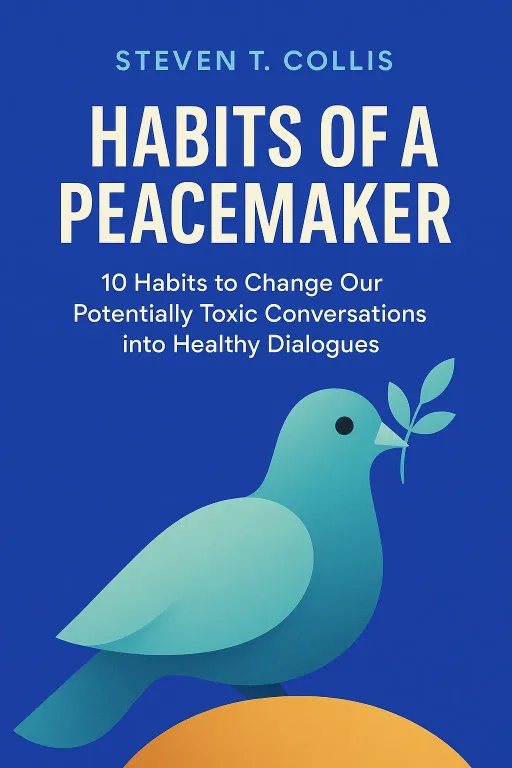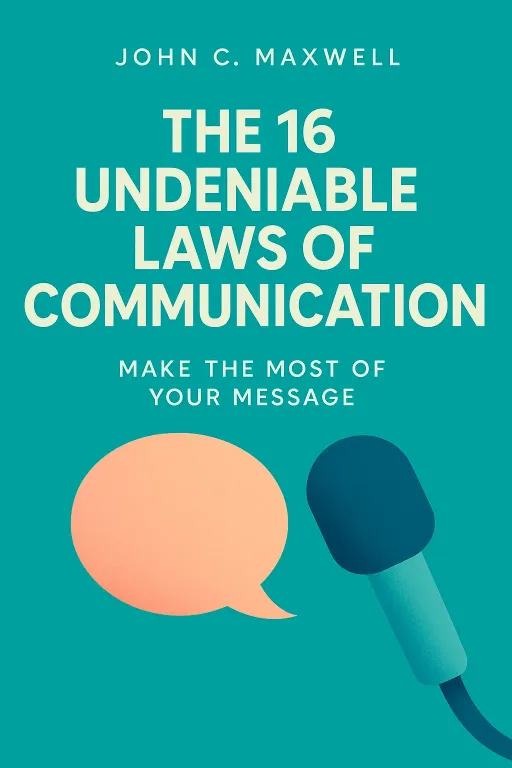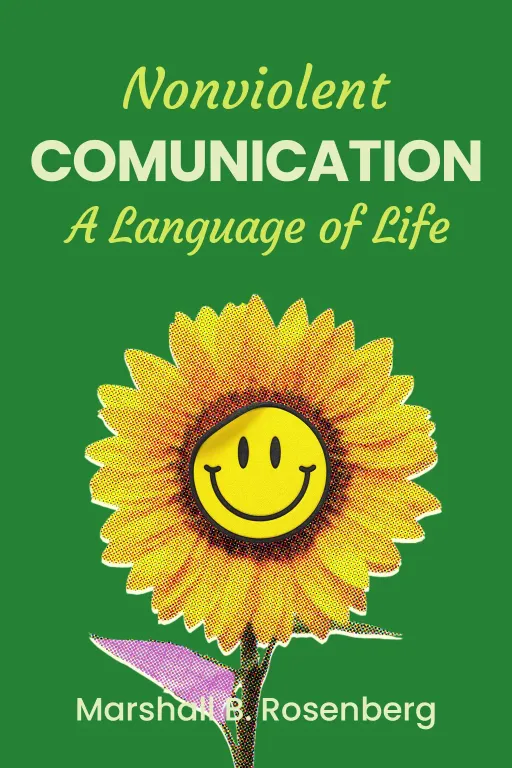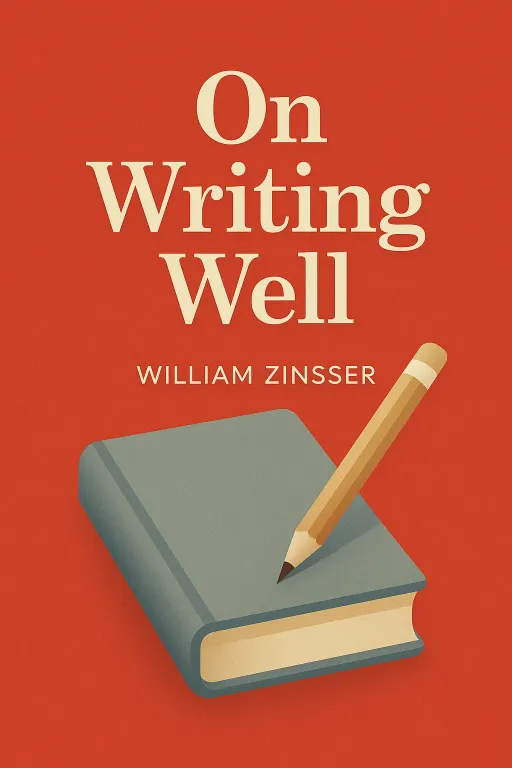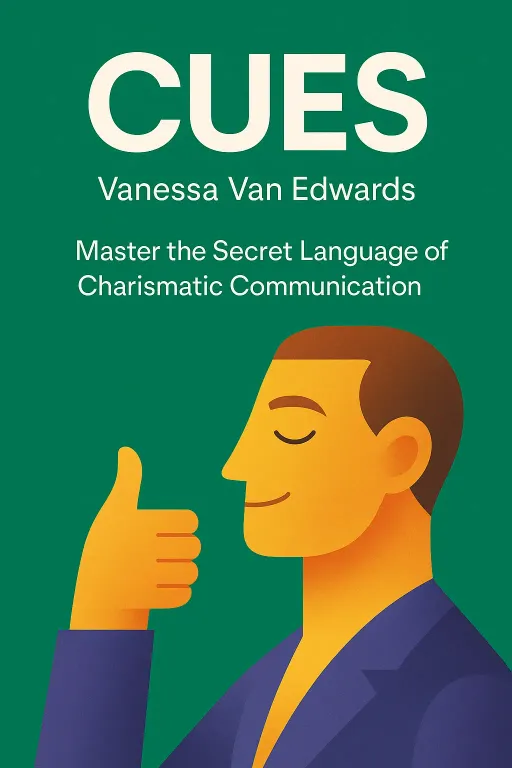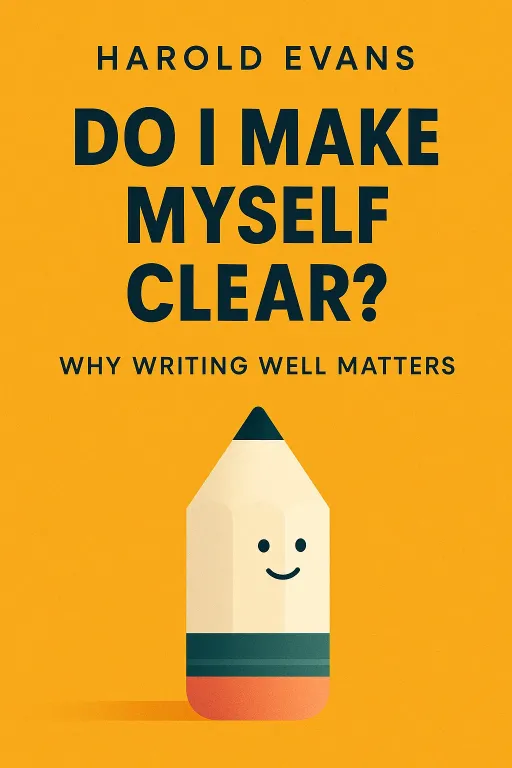
Do I Make Myself Clear?
10 minWhy Writing Well Matters
Introduction
Narrator: On October 3, 2015, an American AC-130 gunship circled over Kunduz, Afghanistan. On the ground, Afghan commandos, battling Taliban fighters, requested air support. A Special Forces air controller identified a compound he believed was a Taliban base and relayed the coordinates. The instructions given to the gunship crew were vague; they were told to "soften the target" and destroy "targets of opportunity." After a series of confusing exchanges, the order was given to unleash the aircraft's heavy guns. The compound was, in fact, a hospital run by Doctors Without Borders. The attack resulted in the deaths of 42 people, including 14 staff members. A subsequent investigation revealed that the tragedy was a result of multiple errors, chief among them the imprecise and ambiguous language that led to a fatal misidentification.
This catastrophic failure of communication is a stark illustration of the central argument in Harold Evans's book, Do I Make Myself Clear?: Why Writing Well Matters. Evans contends that unclear language is not a trivial stylistic flaw but a dangerous force with real-world consequences, capable of causing financial ruin, public health crises, and even death. The book serves as both a diagnosis of this linguistic disease and a practical guide to the cure: the clear, sound English sentence.
The Pervasive Fog of Obfuscation
Key Insight 1
Narrator: Harold Evans argues that modern society is shrouded in a "fog" of unclear and misleading language. This is not merely bad grammar but a deliberate or negligent obfuscation that obscures truth and clear thought. This fog is particularly dense in sectors like business, politics, and academia, where jargon and convoluted prose are often used to sound important, conceal a lack of substance, or avoid accountability.
A devastating example of this fog in action was the 2008 financial crisis. In the years leading up to the crash, the financial world created a host of new, complex instruments like mortgage-backed securities and collateralized debt obligations. These terms, along with a blizzard of acronyms, were impenetrable to the public and even to many within the industry. As one financial journalist noted, it is difficult to have a public policy debate when there are no widely accessible words to explain the ideas. This complexity wasn't accidental; it masked the colossal risks being taken. Lenders offered subprime mortgages to borrowers who couldn't understand the convoluted agreements they were signing. Investment banks then bundled these risky loans into securities that were given inflated ratings. When the housing market inevitably collapsed, the entire system, built on a foundation of incomprehensible language, came crashing down, triggering the Great Recession and causing widespread economic devastation. The fog of financial jargon didn't just cause confusion; it enabled a global catastrophe.
Wielding the Tools of Clarity
Key Insight 2
Narrator: To cut through the fog, Evans insists that writers must master the fundamental "tools of the trade": clarity, conciseness, and honesty. He champions a return to simple, direct language, arguing that complexity is often a sign of weak thinking. The goal is not to "dumb down" ideas but to express them with such precision that they cannot be misunderstood. This requires ruthless editing, a commitment to accuracy, and a rejection of pretentious jargon.
Winston Churchill serves as the book's primary model for this ideal. As a schoolboy at Harrow, Churchill rebelled against the rigid and, to him, nonsensical rules of Latin grammar. He found the requirement to alter nouns when addressing them to be "absolute rigmarole." Instead of mastering these ancient complexities, he chose to focus on building a powerful command of simple, direct English rooted in Anglo-Saxon vocabulary. This decision shaped his destiny. His straightforward prose became a hallmark of his leadership, allowing him to connect with and inspire the British people during their darkest hour. In a 1941 radio address to the United States, with Britain facing imminent invasion, he didn't use complex rhetoric. He made a simple, powerful appeal that culminated in one of history's most effective calls to action: "Give us the tools and we will finish the job!" The message was clear, concise, and galvanizing, helping to secure the American support that was crucial to winning the war.
When Words Have Life-or-Death Consequences
Key Insight 3
Narrator: The consequences of unclear communication extend far beyond financial markets. As the Kunduz hospital bombing illustrates, vague language in a military context can be fatal. Evans provides another chilling example from the corporate world: the General Motors ignition switch scandal. For over a decade, from 2002 to 2014, GM sold millions of cars with a faulty ignition switch that could easily be knocked out of the "run" position, shutting down the engine and, critically, disabling the airbags.
Early on, engineers diagnosed the problem, but it was framed internally not as a deadly safety defect but as a minor "customer convenience" issue. In technical bulletins, the word "stall" was actively censored and replaced with softer, less alarming phrases. This corporate euphemism, combined with a committee culture where no one took ultimate responsibility, allowed the problem to fester for eleven years. One of the first known victims was 16-year-old Amber Marie Rose, who died in a 2005 crash when her airbag failed to deploy. It was not until 2014 that the company finally issued a massive recall. By then, the faulty switch was linked to 124 deaths and hundreds of injuries. The Valukas Report, an internal investigation, concluded that GM's culture was one "in which no one was held responsible." This lack of accountability was enabled by language that consistently downplayed and obscured a lethal reality.
The Moral Imperative of a Clear Sentence
Key Insight 4
Narrator: Ultimately, Evans frames the fight for clarity as a moral battle. The choice of a single word can shape history and define the ethical character of a society. After the attack on Pearl Harbor in 1941, President Franklin D. Roosevelt’s initial draft stated the date would live in "world history." In a crucial revision, he crossed out "world history" and wrote "infamy." That one word perfectly captured the moral outrage of the nation, transforming the speech into an unforgettable rallying cry. The word mattered.
In contrast, Evans points to the modern rise of "post-truth" and "alternative facts," where language is deliberately manipulated to erode the very concept of objective reality. When a political strategist argues that "facts are not really facts," they are engaging in a form of linguistic corruption designed to make lies sound truthful. This, Evans warns, is an essential step on the road to autocracy. Defending good words and their proper meanings is therefore not a pedantic exercise for grammarians; it is a civic duty. It is about preserving a shared understanding of reality and resisting those who use language to deceive, manipulate, and control. As George Orwell wrote, clear language is a necessary first step toward political regeneration.
Conclusion
Narrator: The single most important takeaway from Do I Make Myself Clear? is that clarity is a form of integrity. Harold Evans demonstrates that writing well is not an elitist preoccupation but a practical, ethical, and sometimes life-saving skill. Whether in a corporate report, a legal document, a news story, or a military order, the failure to be clear can obscure truth, deny justice, and cause immense suffering. The book is a powerful call to arms against the fog of gobbledygook, jargon, and deliberate obfuscation that plagues our public discourse.
Evans leaves readers with the challenge of what he calls "eternal vigilance." This is the price of intelligent literacy—the constant effort to guard against the corruption of language in the world and in our own work. The most challenging idea is that every word we choose is a moral choice. Are we striving to illuminate, or are we contributing to the fog?
